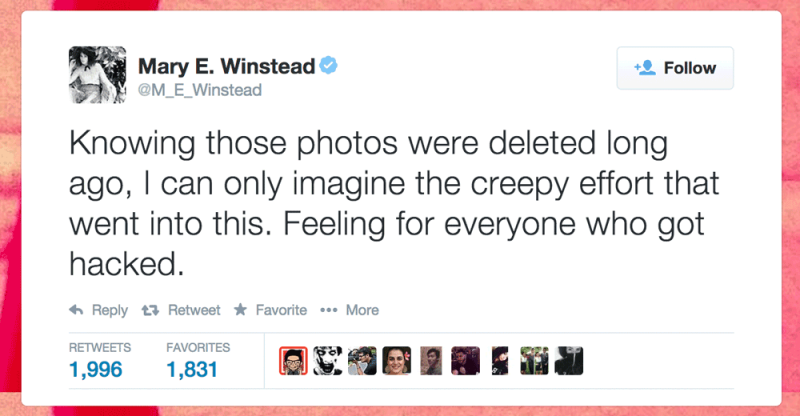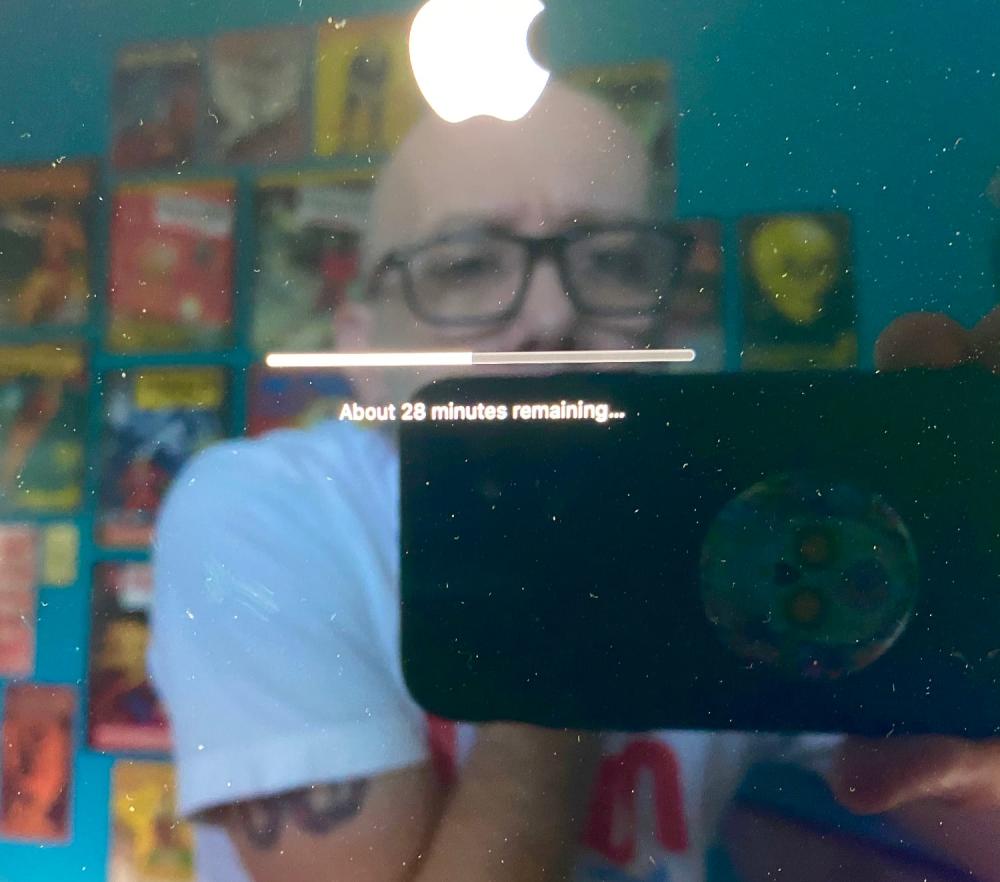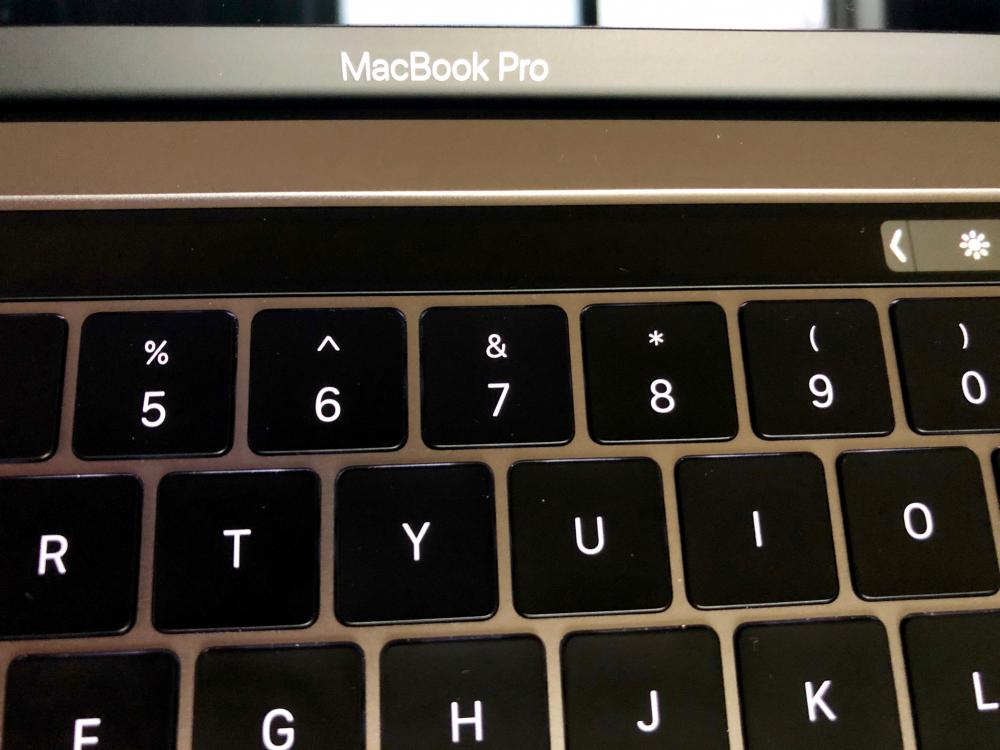
The Horror of a ‘Secure Golden Key’
This week, the Washington Post’s editorial board, in a widely circulated call for “compromise” on encryption, proposed that while our data should be off-limits to hackers and other bad actors, “perhaps Apple and Google could invent a kind of secure golden key” so that the good guys could get to it if necessary.
This theoretical “secure golden key” would protect privacy while allowing privileged access in cases of legal or state-security emergency. Kidnappers and terrorists are exposed, and the rest of us are safe. Sounds nice. But this proposal is nonsense, and, given the sensitivity of the issue, highly dangerous. Here’s why.
A “golden key” is just another, more pleasant, word for a backdoor—something that allows people access to your data without going through you directly. This backdoor would, by design, allow Apple and Google to view your password-protected files if they received a subpoena or some other government directive. You’d pick your own password for when you needed your data, but the companies would also get one, of their choosing. With it, they could open any of your docs: your photos, your messages, your diary, whatever.
Privacy is important. See also: Apple, iPhone and your privacy






Add a comment
Post